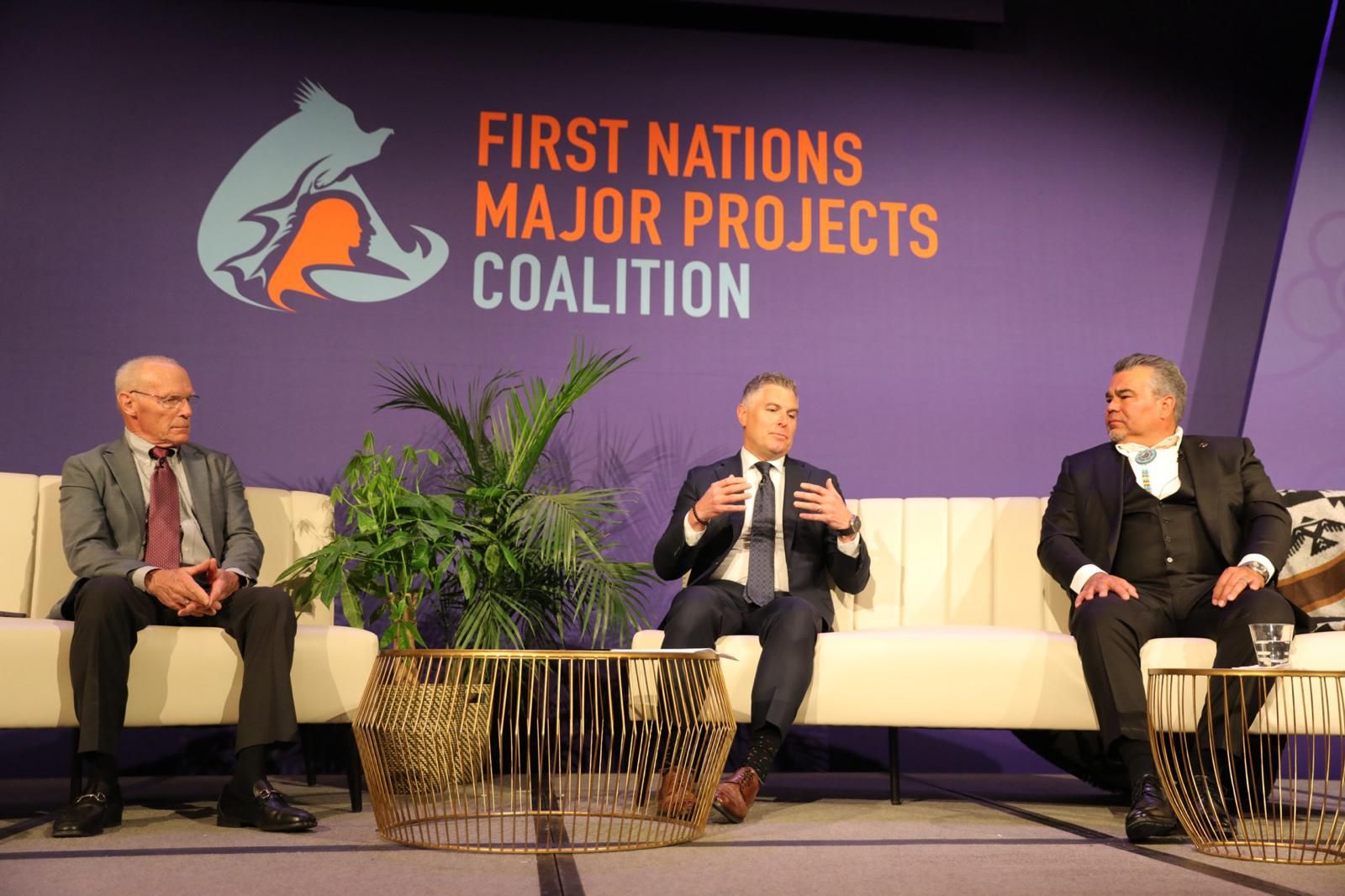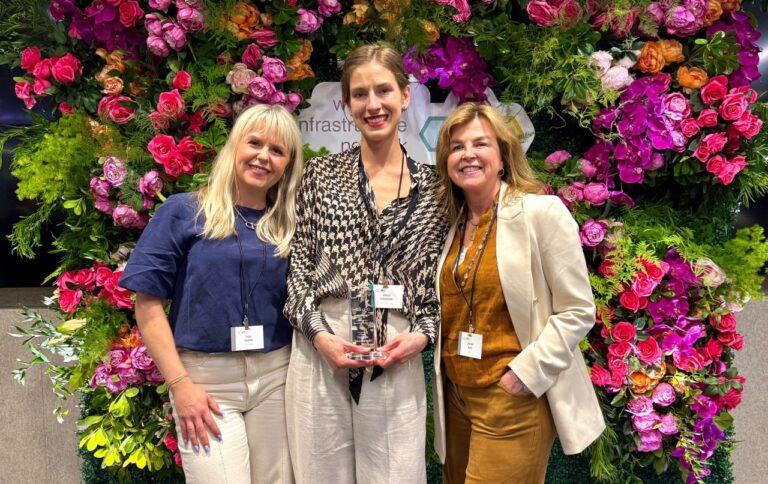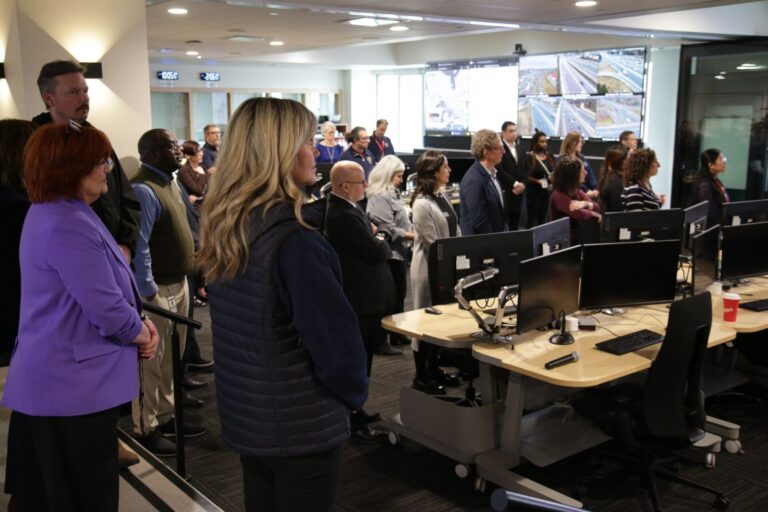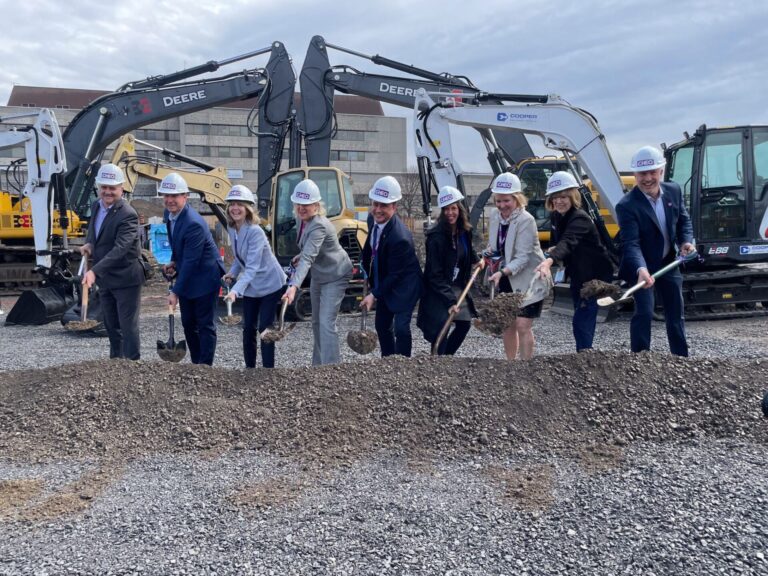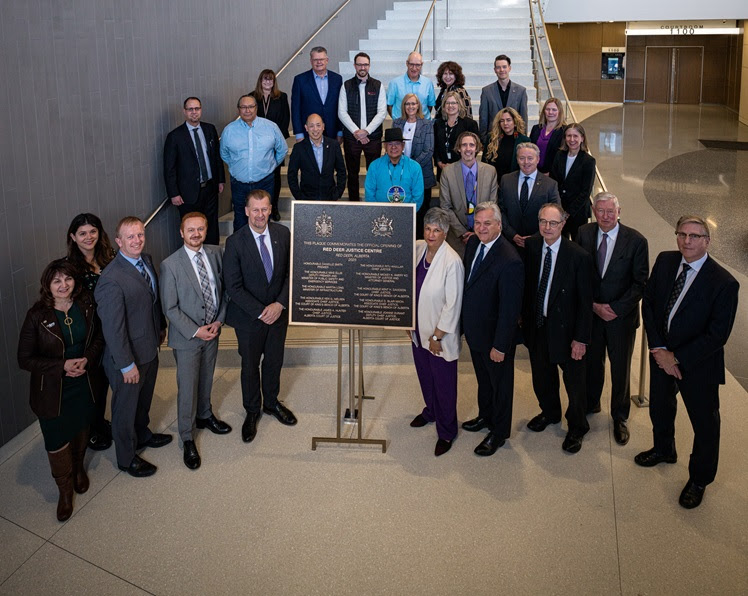Indigenous nations—both in Canada and around the world—are increasingly influencing global businesses,
particularly in natural resources and foreign investments.
The First Nations Major Projects Coalition (FNMPC) 8th annual conference: Valuing Reconciliation in Global Markets opened in Toronto with the first day of sessions, offering in-depth knowledge-sharing on how Indigenous nations are leading the way for national and international world markets, including the conditions helping to make this happen.
Whether leading by ownership, investment in or management of projects—many Indigenous nations are successfully creating new pathways for business opportunities. What factors contribute to Indigenous business success? How can this success be replicated across Turtle Island, for everyone?
The event welcomed over 1,700 Indigenous leaders, policymaker and industry and opened with remarks from RBC’s president and CEO, Dave McKay as well as Ontario Premier Doug Ford.
Ford committed to working faster and more directly with Indigenous partners and announced an increase of $3-billion to the Aboriginal Loan Guarantee Program.
One of the morning sessions featured Dr. Joe Kalt, director, Project on Indigenous Governance and Development and Ford Foundation Professor of International Political Economy (Emeritus), Harvard Kennedy School, Harvard University, and Shane Seibel, executive director, Southern Ute Indian Tribe Growth Fund and discussed Indigenous-led economic success.
Seibel highlighted how his Nation has been able to diversify their oil and gas revenue, fund their government expenditures in perpetuity, and create a baseline equity distribution to their Trbal Members.
Dr. Kalt shared that Indigenous economies with strong self-government grow 3.5 times faster than their national averages. Where Indigenous nations control decision-making, prosperity follows.
“We are living in a renaissance of Indigenous self-governance.”
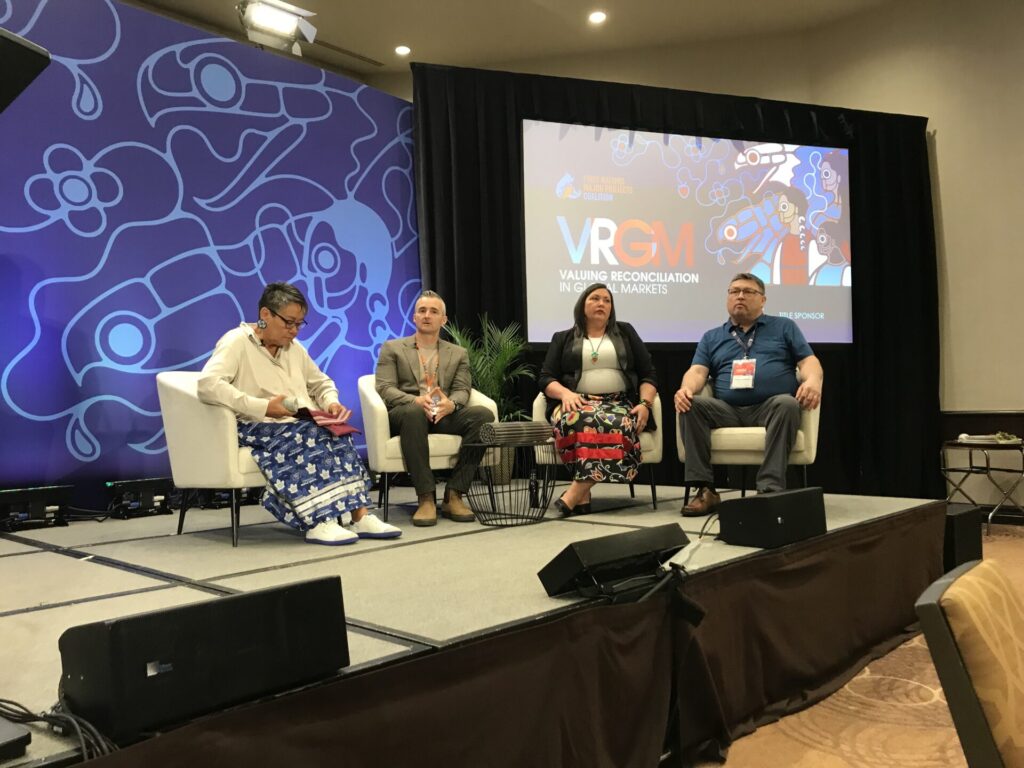
The Day 1 Lunch Session of explored Wabigoon Lake Ojibway Nation’s leadership in Canada’s deep geological repository project. The panel featured Chief Clayton Wetelainen, Wabigoon Lake Ojibway Nation; Donna Chief, Community & Engagement Manager, Wabigoon Lake Ojibway Nation; Lance Fugate, Strategic Advisor, Wabigoon Lake Ojibway Nation; and Jessica Perritt, Director of Indigenous and Municipal Relations, Nuclear Waste Management Organization.
Speakers shared how more than a decade of trust-building, community education, and respect for Anishinaabe protocols created a model for consent-based project development. They emphasized that true partnerships require clear communication, patience, and Indigenous leadership at every stage. The session reinforced that Indigenous-led decision-making is key to advancing responsible energy and infrastructure projects in Canada.
“It’s just as important for industry to learn from community,” said Perritt.
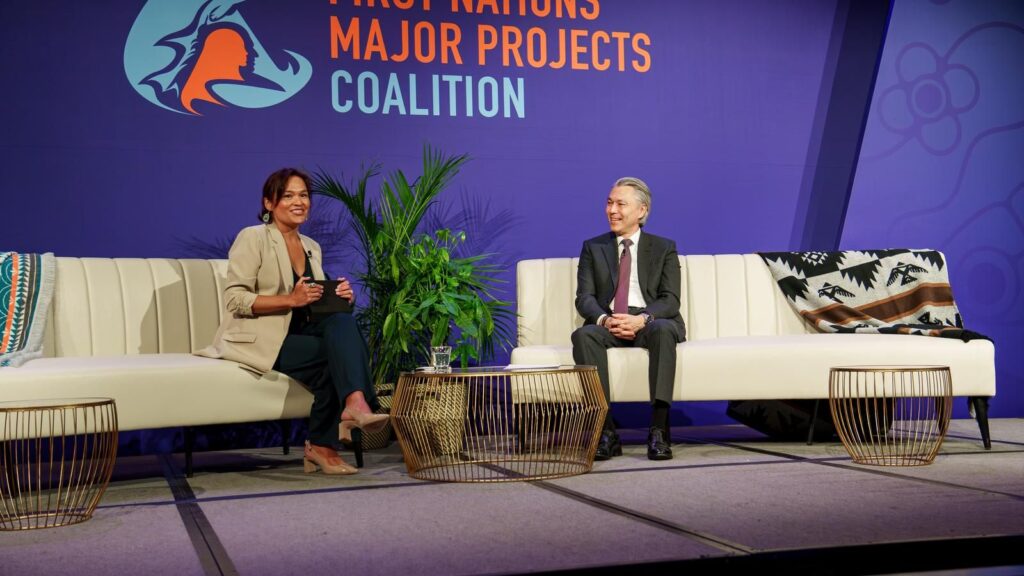
Mike Henry, CEO of BHP, also delivered a keynote that focused on real partnership and shared prosperity.
In Canada, BHP is advancing the multi-billion-dollar Jansen potash project in Saskatchewan — one of the
company’s largest capital investments to date — with production expected to begin in 2026 and long-term plans
to supply up to 10 per cent of the global potash market.
The Jansen project includes the construction of underground mining infrastructure, a processing plant, storage
facilities, and a rail logistics system. BHP has also established a formal Indigenous engagement strategy. Henry told the audience that the company launched its Canada Indigenous Partnership Plan in 2024 to guide relationships with Indigenous nations connected to the Jansen project. It has signed agreements with several First Nations in the region and has awarded contracts to Indigenous-owned businesses.
Featured image: (L to R) Dr. Joe Kalt, director, Project on Indigenous Governance and Development and Ford Foundation Professor of International Political Economy (Emeritus), Harvard Kennedy School, Harvard University; Clint Davis, CEO, Cedar Leaf Captial Inc. (moderator); and Shane Seibel, executive director, Southern Ute Indian Tribe Growth Fund. (FNMPC)

